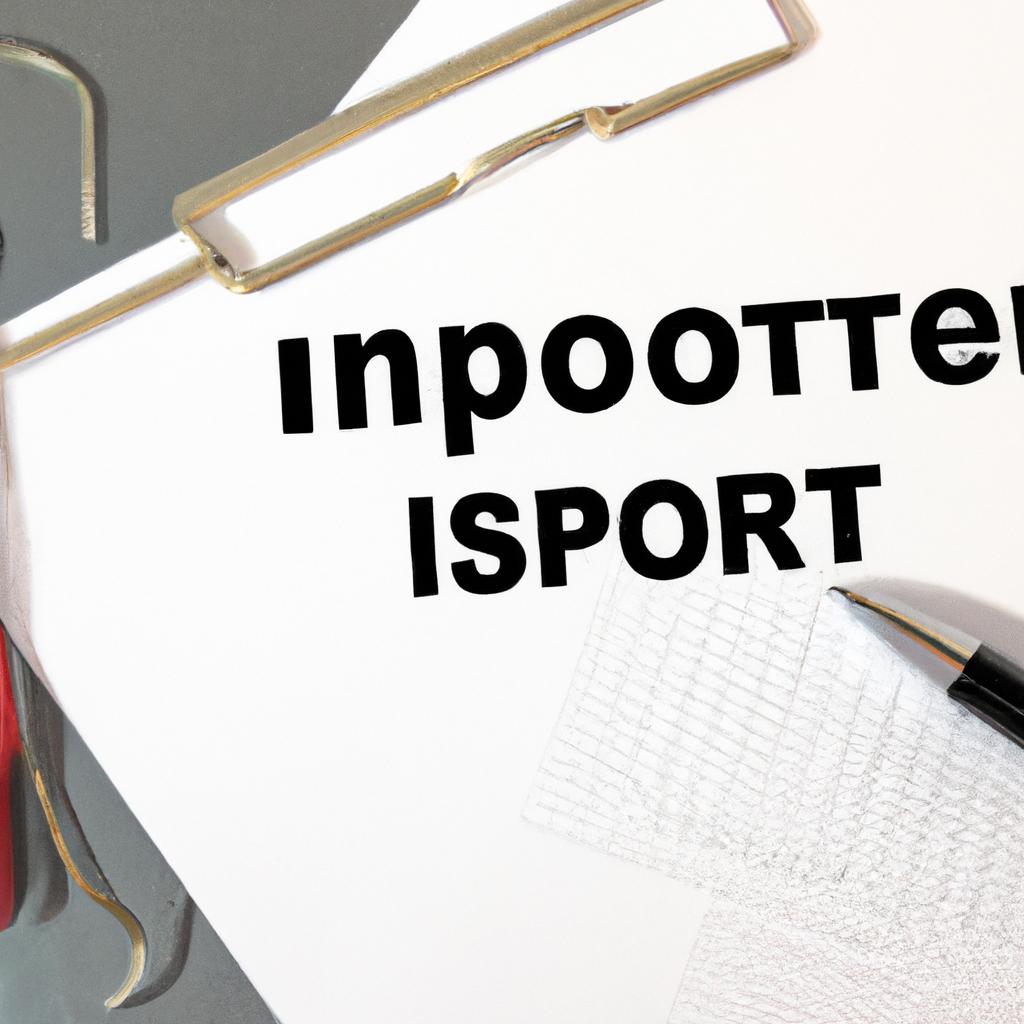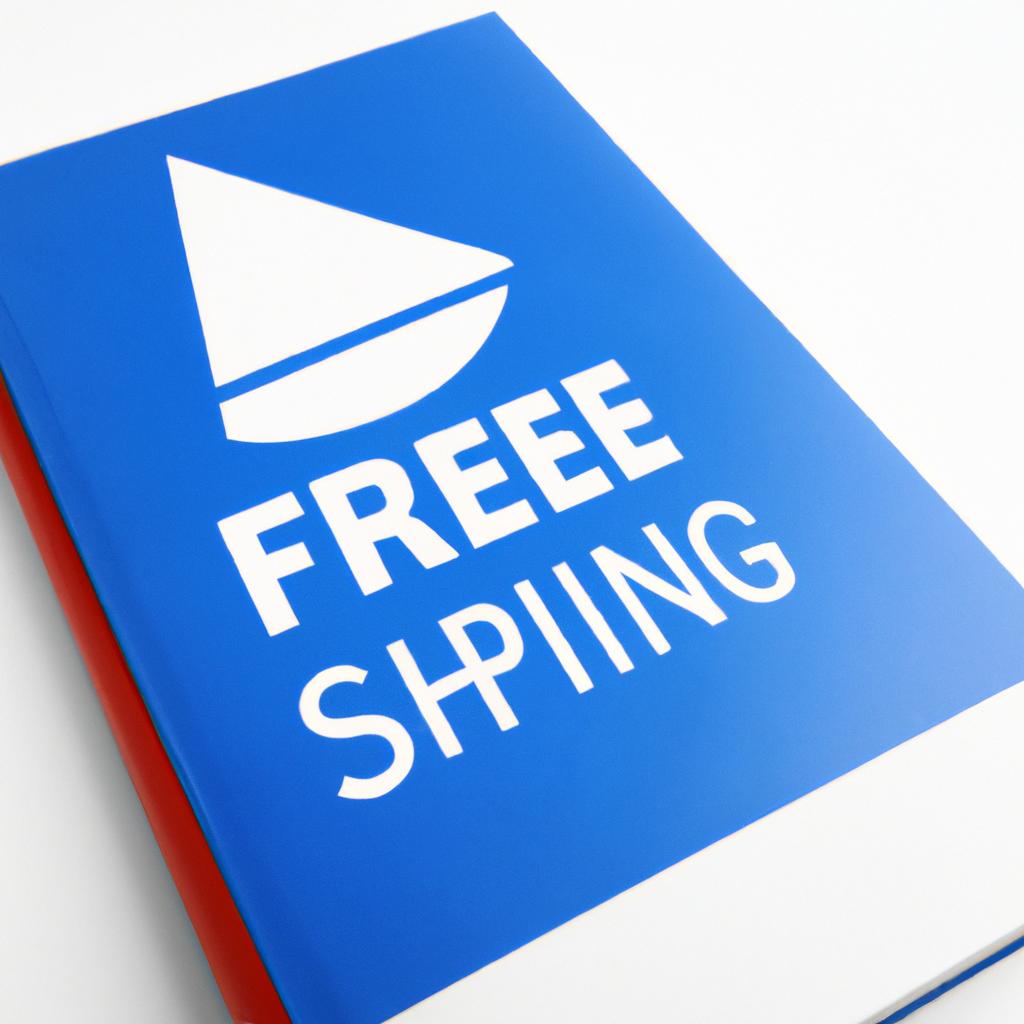In an increasingly interconnected world, where borders seem to blur in the face of e-commerce and global trade, understanding the intricacies of customs has become essential for both seasoned traders and occasional travelers alike. Navigating the labyrinth of import restrictions and duty-free limits can feel akin to decoding a complex language, filled with regulations, quotas, and exemptions that can significantly impact your journey through international commerce. Whether you’re a business owner looking to expand your reach or a globetrotter eager to bring home a piece of your adventures, having a clear guide to customs norms and practices is crucial. This article will demystify the often perplexing terrain of import regulations, equipping you with the knowledge to navigate customs confidently and ensuring your experiences are smooth and enjoyable—without the unexpected hurdles of tariffs and restrictions. Join us as we embark on a comprehensive journey through the dos and don’ts of imports, helping you understand not just the limits, but also the opportunities that lie within the art of international trade.
Understanding Import Restrictions for Smooth Customs Clearance
When importing goods, it’s crucial to comprehend the various import restrictions that can affect your shipment. These restrictions are primarily designed to safeguard public health, national security, and the environment. Depending on the country of origin and the type of product, certain items may be completely prohibited or require special permits. Common examples of restricted goods include:
- Pharmaceuticals – Many countries have stringent rules regarding the import of medications and medical supplies.
- Endangered species – Items derived from endangered plants and animals are typically banned.
- Agricultural products – Certain fruits, vegetables, and plants may be restricted to prevent the introduction of pests and diseases.
- Weapons and explosives - Strict regulations govern the import of firearms and related materials.
Additionally, understanding the duty-free limits can significantly enhance the customs clearance process. Each country has specific thresholds that, when exceeded, may incur additional taxes and duties. For instance, travelers often enjoy a duty-free limit for personal goods, while businesses might face different regulations. Here’s a simplified table showcasing duty-free limits across a few countries:
| Country | Duty-Free Limit (USD) |
|---|---|
| United States | $800 |
| Canada | $800 |
| UK | £390 |
| Australia | AUD $900 |
By familiarizing yourself with these import restrictions and duty-free allowances, you can navigate the complexities of customs more effectively, ensuring smoother transactions and compliance. Remember that regulations can frequently change, so staying informed is key to successful importing.

Maximizing Duty-Free Allowances: Tips for Savvy Travelers
When traversing international borders, understanding the intricacies of duty-free allowances can significantly enhance your travel experience. Begin by researching your destination’s customs regulations, as allowances can vary dramatically from one country to another. Generally, duty-free purchases are allowed for travelers over a certain age, usually 18 or 21, and limits often apply to specific categories such as alcohol, tobacco, and souvenirs. To help you make the most of what you can bring back, consider the following tips:
- Familiarize Yourself with Limits: Each country has distinct limitations on the quantity and value of goods you can bring back without incurring duties.
- Stay Within the Value Threshold: Be aware of the monetary cap for duty-free imports. For example, in the UK, this is typically around £390 for travelers coming from outside the EU.
- Combine Contributions: If traveling with family or friends, you can legally share allowances but ensure you stay within the group’s total allowable limits.
Strategically timing your purchases can also maximize savings. Timing your shopping, especially when you’re within designated duty-free zones like airports or seaports, allows you to take advantage of lower prices and exclusive items. Ensure you keep all purchase receipts organized, as customs may ask for proof of purchase when you declare items at your home border. Here’s a quick reference table for popular duty-free limits by country:
| Country | Alcohol Limit | Tobacco Limit | Value Limit |
|---|---|---|---|
| United States | 1 liter | 200 cigarettes | $800 |
| Canada | 1.14 liters | 200 cigarettes | $800 |
| UK | 1 liter | 200 cigarettes | £390 |

Essential Documentation for Hassle-Free International Shipping
When it comes to ensuring a seamless international shipping experience, having the right documentation in place is paramount. Essential papers not only expedite the customs clearance process but also help prevent unexpected delays and fees. **Customs declaration forms**, **commercial invoices**, and **packing lists** are fundamental documents that you will need. Be meticulous in filling out these forms, as inaccuracies can lead to your shipment being held up. Additionally, it’s wise to include any required **certificates** that may pertain to the items being shipped, such as health or safety certifications for food products and electronics.
For specific destinations, it’s important to familiarize yourself with the import restrictions and duty-free limits unique to that country. Below are a few considerations to keep in mind:
- Import Licenses: Certain goods may require special permits.
- Value Limits: Be aware of how much you can send without incurring additional duties.
- Prohibited Items: Know which goods cannot be shipped to your destination.
| Item | Duty-Free Limit |
|---|---|
| Books | $200 |
| Clothing | $100 |
| Cosmetics | $50 |
To Conclude
As we conclude our exploration of navigating customs, it’s clear that understanding import restrictions and duty-free limits is essential for anyone embarking on a global journey, whether for leisure or commerce. Customs regulations can often feel like a labyrinth, filled with twists and turns that require careful navigation to avoid unexpected detours. By arming yourself with knowledge about these regulations, you not only enhance your travel experience but also safeguard your investments and personal belongings.
Remember, the joy of discovery that comes from traveling or importing goods is best paired with preparation. As you embark on your next adventure or venture into the world of international trade, keep the insights you’ve gained at the forefront of your plans. A little due diligence goes a long way, ensuring that your customs experience is straightforward and stress-free.
In a world where borders may seem like barriers, let us embrace the opportunities that come with understanding the rules that govern them. Whether you’re crossing a border for the first time or you’re a seasoned traveler, every experience shapes your journey. So, go forth with confidence, keep this guide in your back pocket, and navigate customs with a sense of calm and curiosity. Safe travels and fruitful imports await!
